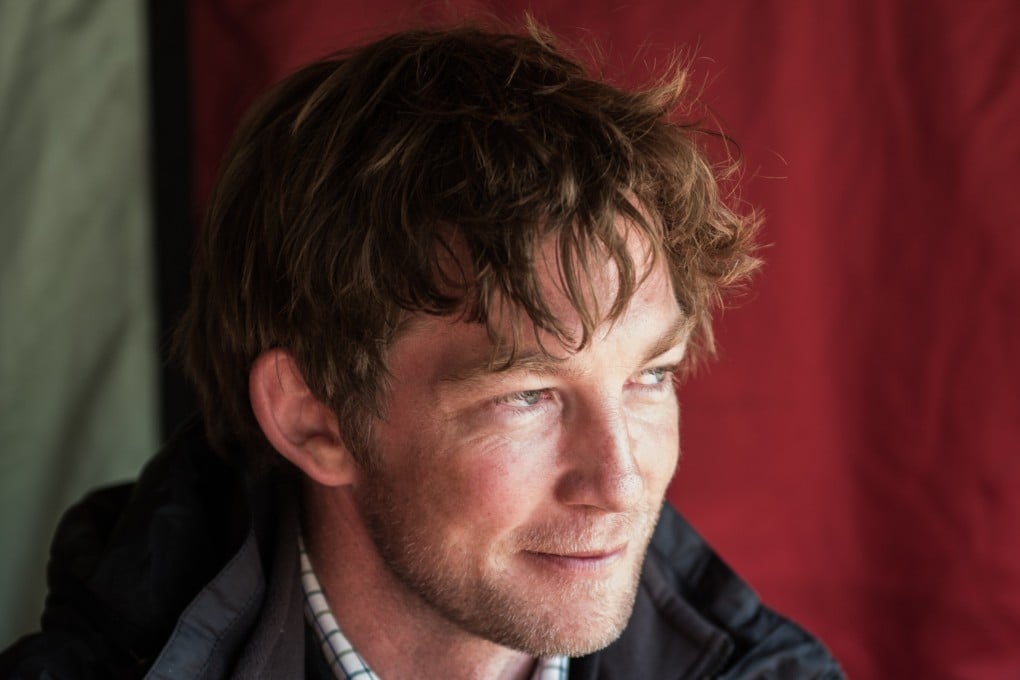Profile | British author Horatio Clare on his nervous breakdown, BBC days working with people like David Lynch, his books, and growing up in the Welsh wilderness
- After moving with his mother from London to a farm in Wales, Clare worked with brilliant minds at the BBC and became an accomplished writer
- A breakdown, which saw him sent to a psychiatric hospital for compulsory treatment, and subsequent recovery informs his latest book, Heavy Light

I was born on September 5, 1973, in Queen Charlotte’s Hospital, in London. My parents were journalists – dad was on The Times and mum was the assistant literary editor of the Evening Standard – and we had a basement flat in Holland Park, in west London, which is now an incredibly desirable area but was then £7 a week.
I had a nanny because journalists were well paid then and my first years were happy.
My mother bought a hill farm in Wales with 83 acres and hundreds of fairly wild sheep and she fell in love with the mountain and farming. Her marriage to my father became increasingly unsuccessful – he worried very much about the money, which was suicidally hopeless.
My mother didn’t, she was happy to live a very primitive life. My brother was born in 1975 and by 1978 my parents had split and we moved with her to this primitive hill farm, it was a real adventure.
Wild and free
The view from the Black Mountains, where the farm is, to the Brecon Beacons is like something out of Africa, it is beautiful. In the summer it was paradise and in the winter we got properly snowed in. Although we had no money, there was extraordinary freedom and we read books. We became subsistence sheep farmers and it was healthy, wild and free.
